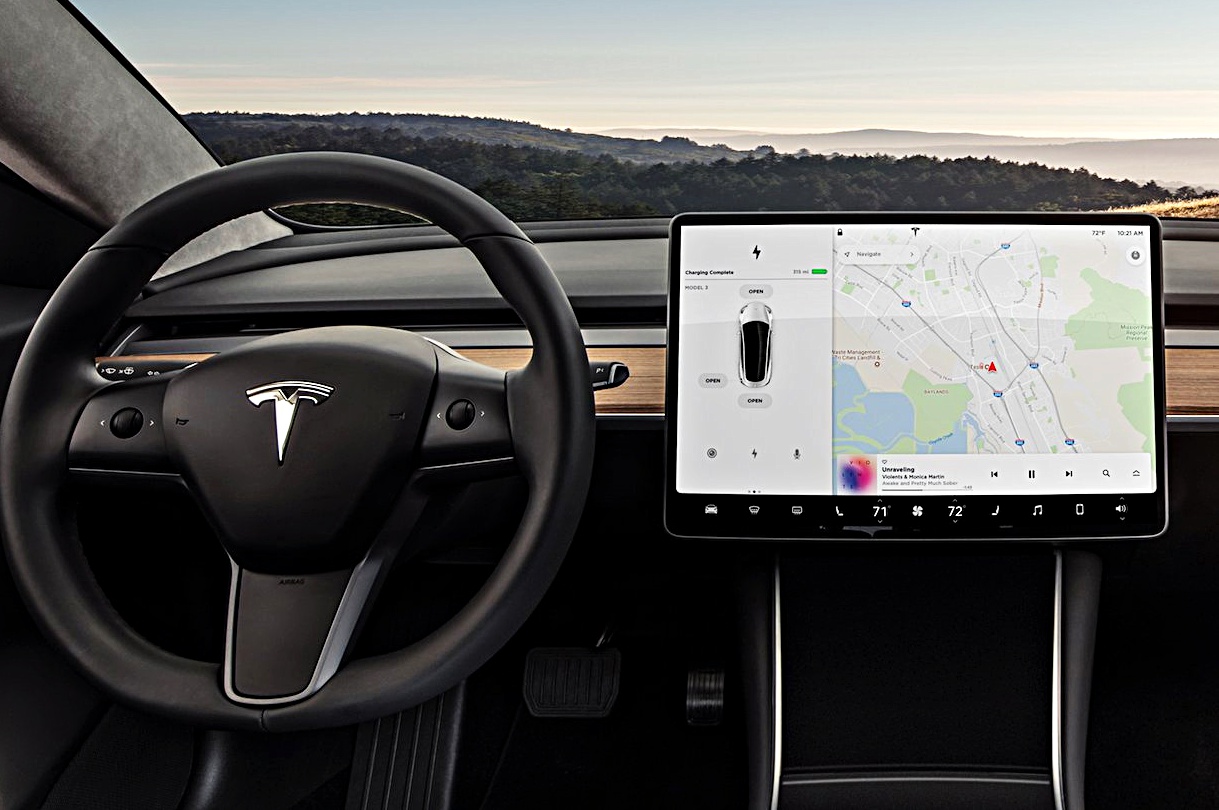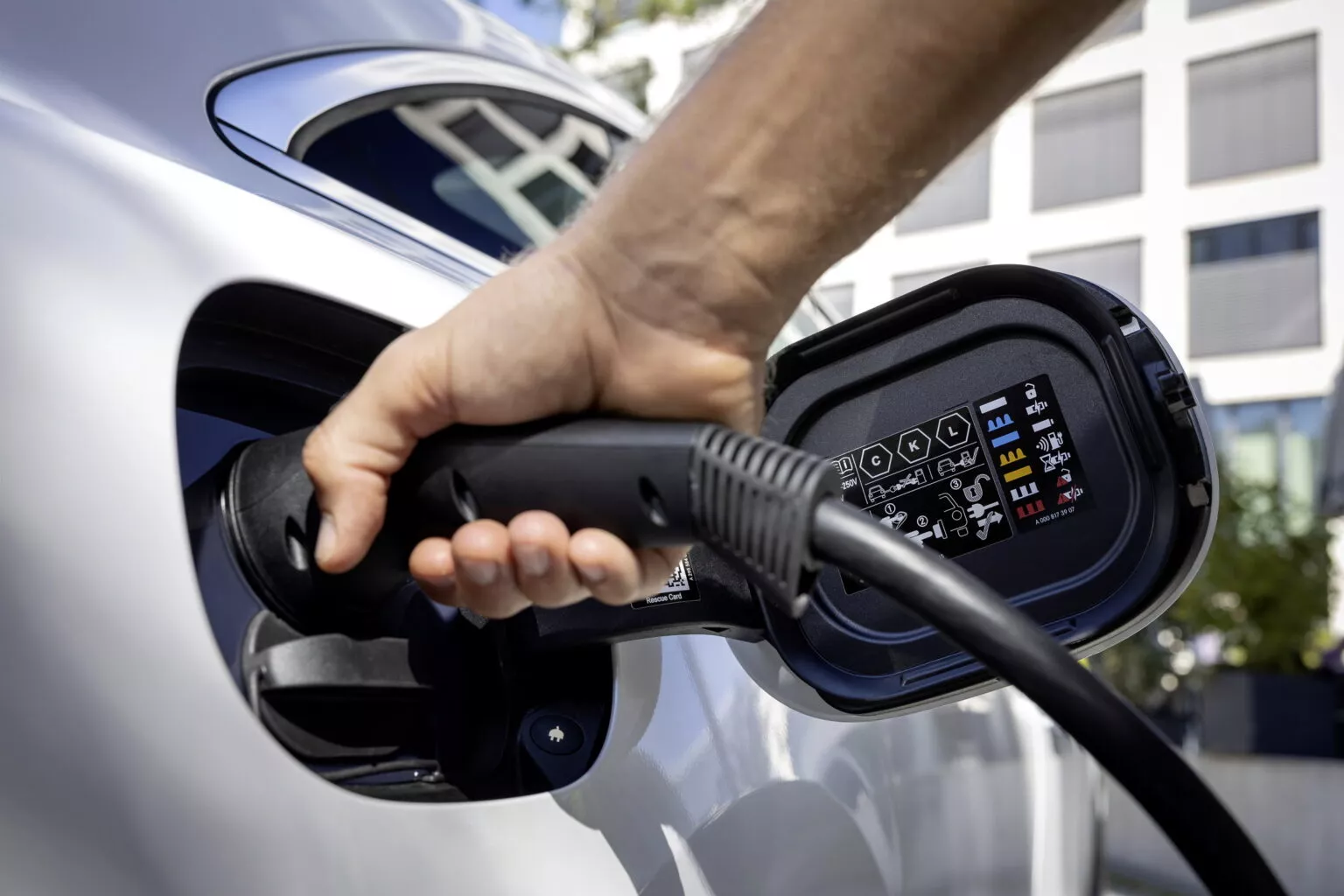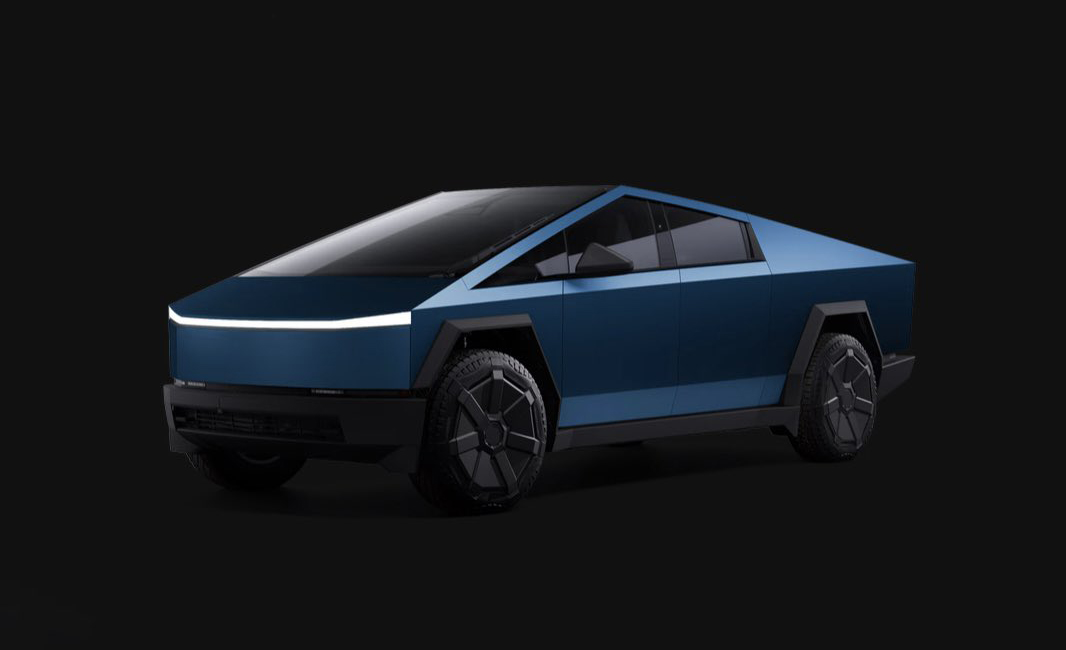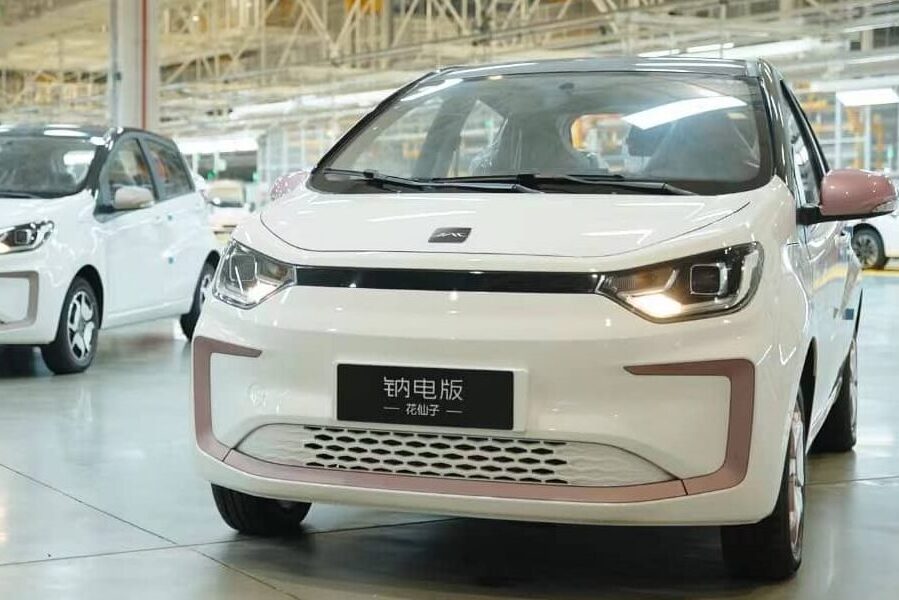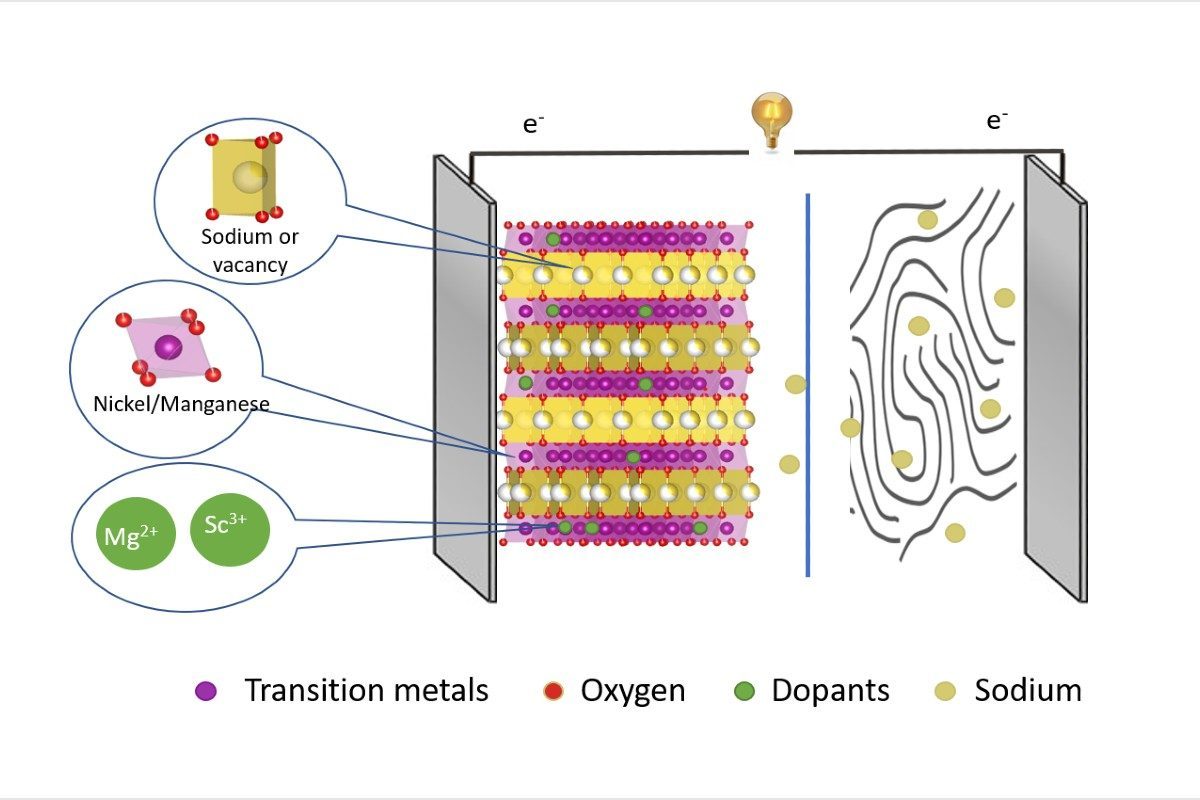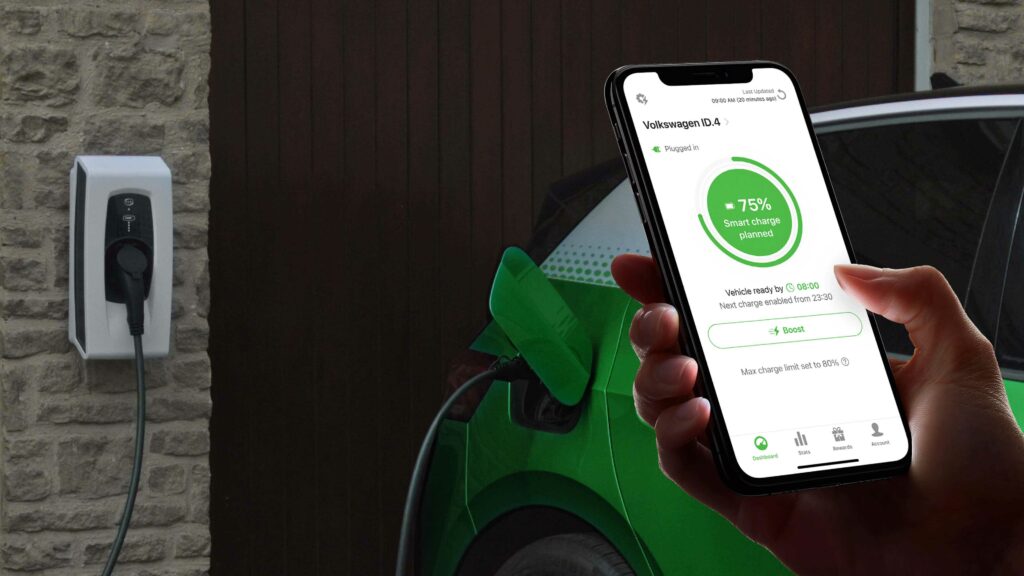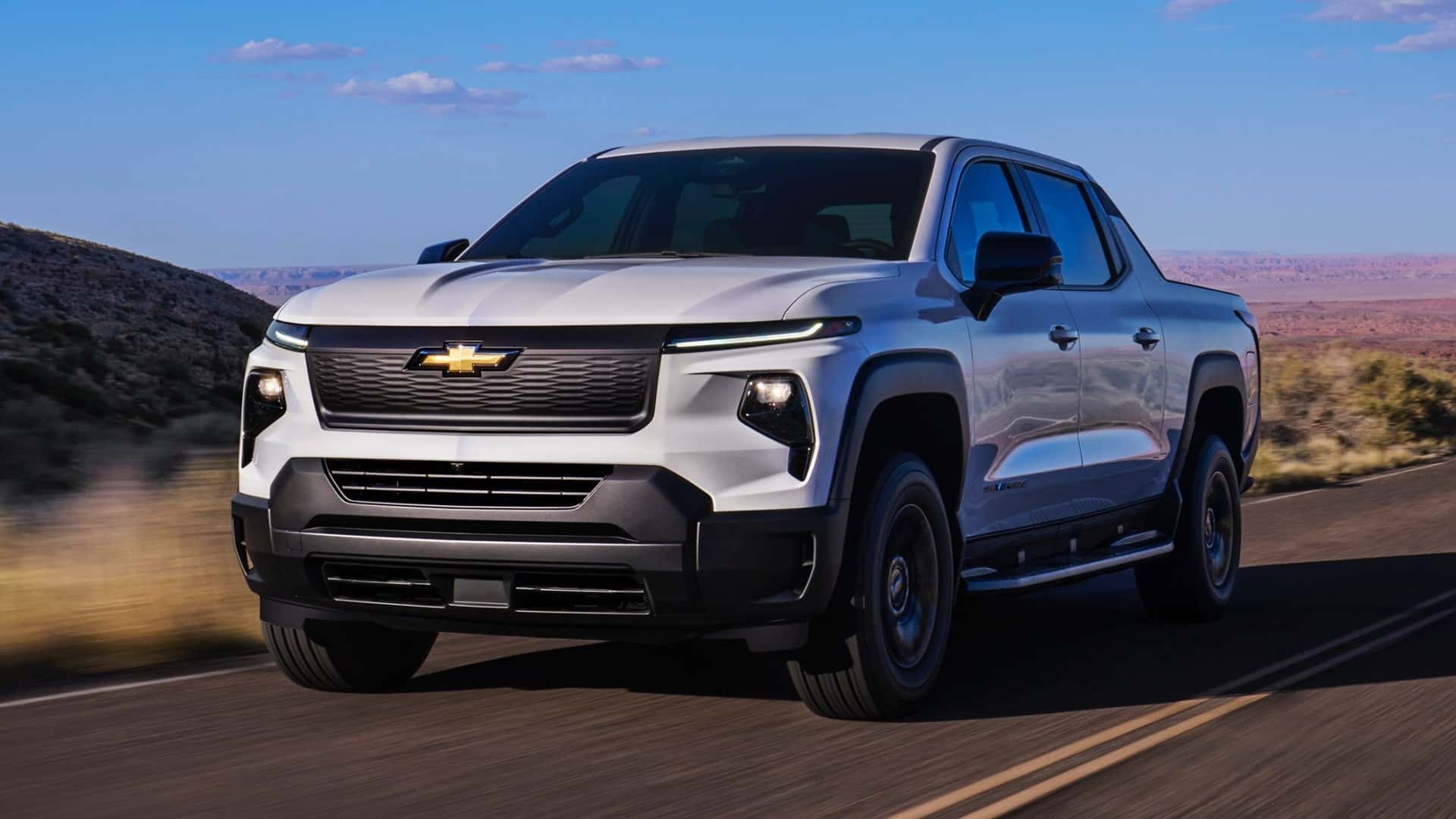A judge in California has allowed a lawsuit against Tesla to proceed, accusing the electric vehicle (EV) maker of installing software updates that intentionally damaged the batteries of some Tesla Model S and Model X vehicles. The decision permits the claimants to pursue their action against Tesla, although it does not make any specific ruling in the case, leaving the next steps to potentially include a trial or a settlement.
The lawsuit, initiated in May 2023, alleges that Tesla deliberately reduced the driving range of certain vehicles via software updates, prompting Tesla to seek the dismissal of the entire case. However, the plaintiffs have countered by providing additional examples to strengthen their argument.
See also: Tesla Faces Local Resistance to Expansion Plans at German Gigafactory
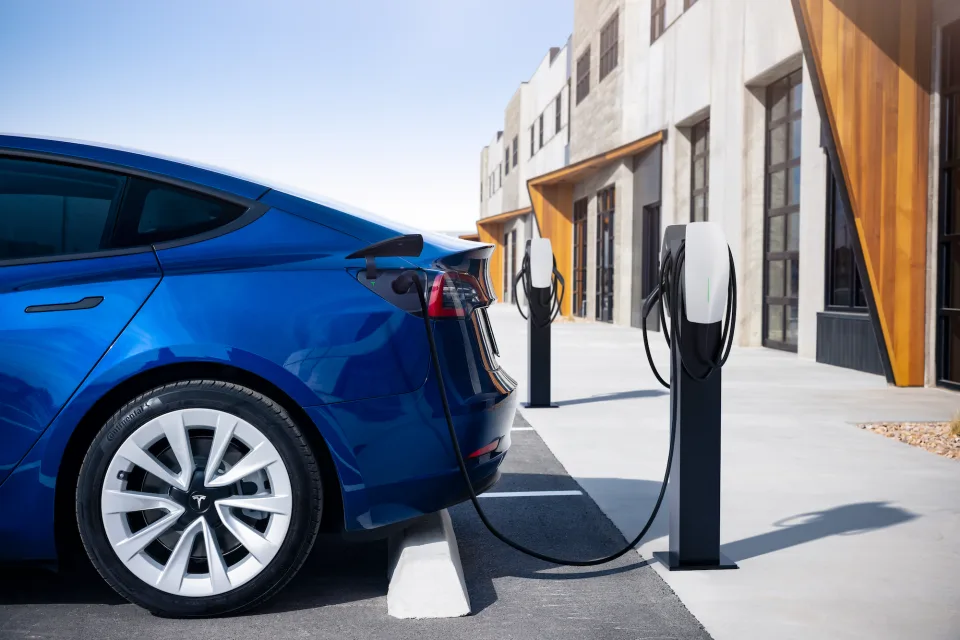
According to a report from Courthousenews, the lawsuit claims that “Tesla recently has been implementing automatic software updates which, without warning to the customer, deplete the battery and reduce the driving range of the vehicles by at least 20%.” If proven true, this allegation would pose a significant problem for the EV manufacturer.
The judge’s order, spanning 16 pages, states, “Although many owners receive a notice on their vehicles’ screens or on the Tesla app on their phones asking them to install the update, some owners receive no notice at all. Instead, the car automatically downloads and installs the update.”
See also: Tesla Enlists Support Against Oklahoma’s Attempts to Close Stores
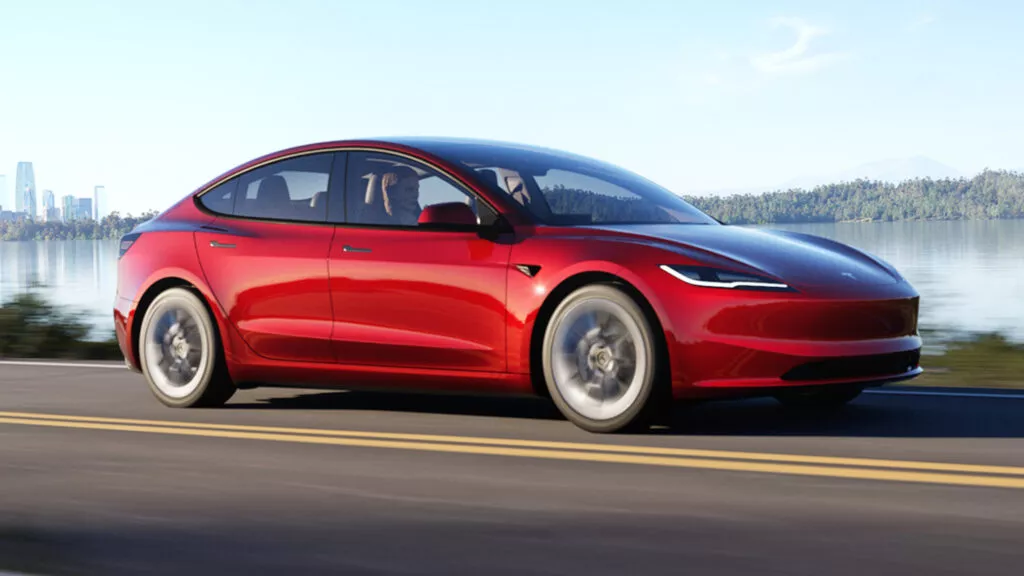
Furthermore, the lawsuit asserts that Tesla owners had to “pay third parties hundreds of dollars to reverse the software update” and restore their previous battery performance. It also alleges that the updates rendered the batteries inoperable, necessitating “the purchase of a new battery at a cost of up to $15,000.”
Judge Jon Tigar allowed the suit to proceed based on various factors, highlighting that the claimants “adequately plead” that Tesla knowingly caused a software transmission that damaged their car batteries. This, however, does not confirm the allegations but suggests that the claimants have presented a case worthy of a trial.
See also: Tesla’s Upgraded Model 3 Performance Spotted Testing, Promising Exciting Features
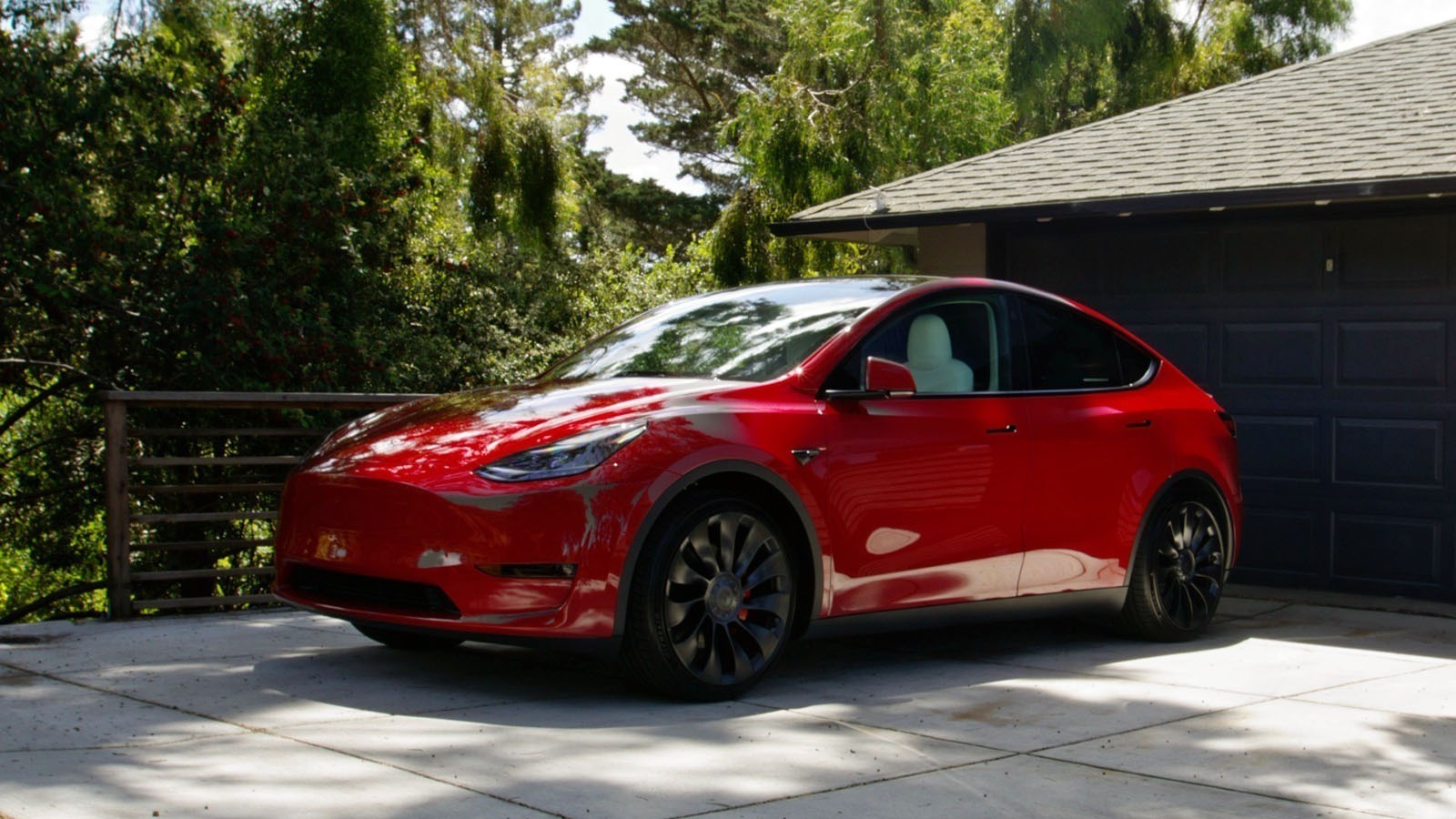
While allowing the suit to continue, the judge dismissed several other claims, including allegations of unfair competition, violations of California’s Comprehensive Computer Data Access and Fraud Act, and the Computer Fraud and Abuse Act. The claimants have 21 days to appeal the dismissal of specific claims; otherwise, those claims will be permanently dismissed.
Both parties are expected to engage in pre-trial procedures such as discovery, gathering evidence, and information. It remains possible that Tesla may opt to settle the case.

